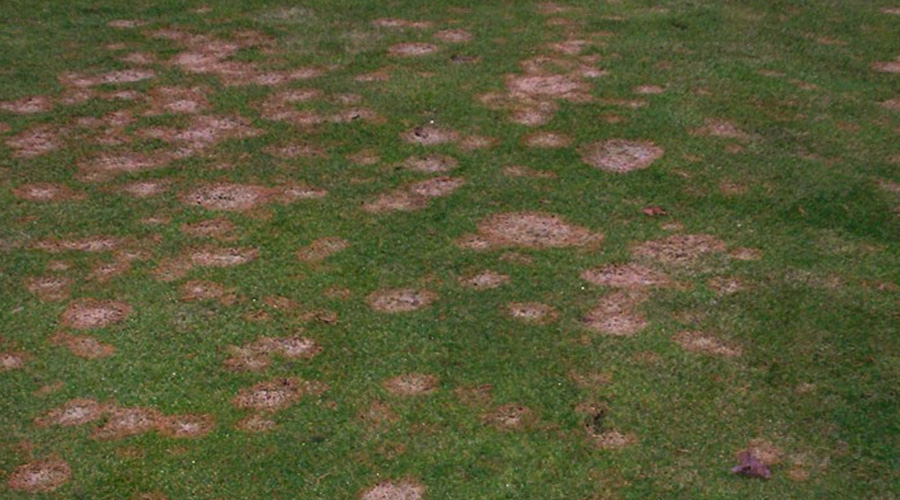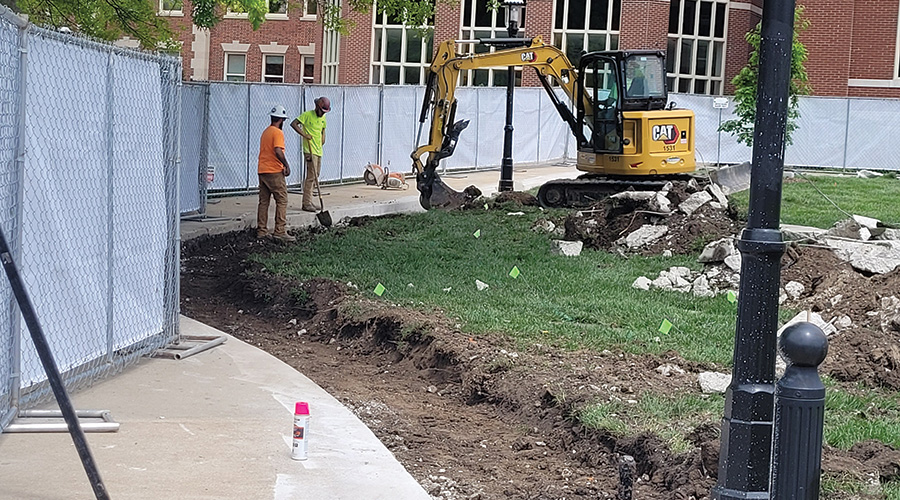Bio-Diesel: Use of Alternative Fuel Boosts University's Image
Despite its short life, the bio-diesel experience made a big impression on the landscape services department. McManus says he hopes it also brought added recognition from campus executives related to the department’s efforts to improve productivity and sustainability.
“It’s always a fight for funding, so you’re always trying to be better,” he says, adding the effort also might help set the department apart from its peers. “You don’t see this kind of thing everywhere in Mississippi or everywhere in the Southeast,” he says.
Maybe even more importantly, McManus says the department’s use of bio-diesel fuel fits into a larger effort; namely the role grounds care plays in enhancing the image of an organization and its facilities — in this case, a university campus. Such efforts by the department have paid off in the past. In 2002, the department received the Green Star Award for best maintained university from the Professional Grounds Management Society.
The bio-diesel experience “kind of fits into our charge of making this into a prettier campus,” he says, adding that prospective students often make a decision on which school to attend in the first 15 minutes on campus. “We know we’re a big part of the recruitment process. We see ourselves as recruiters.”
Spotlight: University of Mississippi
The Landscape Services Department for the University of Mississippi in Oxford, Miss., provides services to more than 1,000 acres on the central campus. Among the department’s activities:
- attends more than 20 hours a year of plant-identification training, and 20-50 hours of safety and operational training
- plants about 20,000 seasonal-color plants, 10,000 tulip bulbs, and 10,000 daffodils annually
- maintains about 72 acres of Bermuda 419 turf, 120 acres of common Bermuda turf, 40 acres of zoysia turf, and 15 acres of turf-type tall fescue
- cares for more than 4,000 trees and plants an average of 200 new trees each year
- maintains a campus with 2,312 metal bollards that have 15,994 linear feet of chain between them
- clears more than 10 miles of streets weekly with sweepers and backpack blowers
- collects 200 cubic yards, or close to 10 tons, of waste after a home football game and spends 100-150 hours cleaning up after the event.
— University of Mississippi Landscape Services Department
|
Related Topics:














